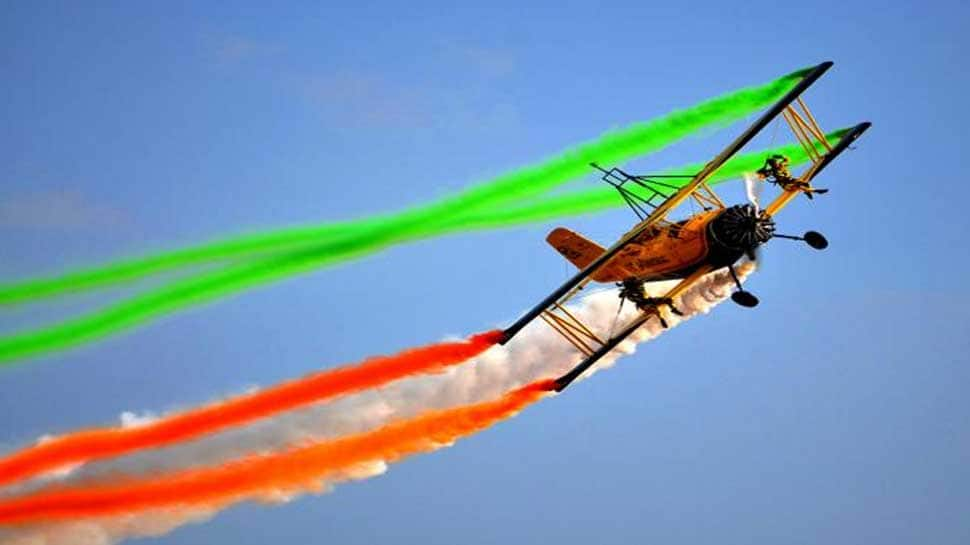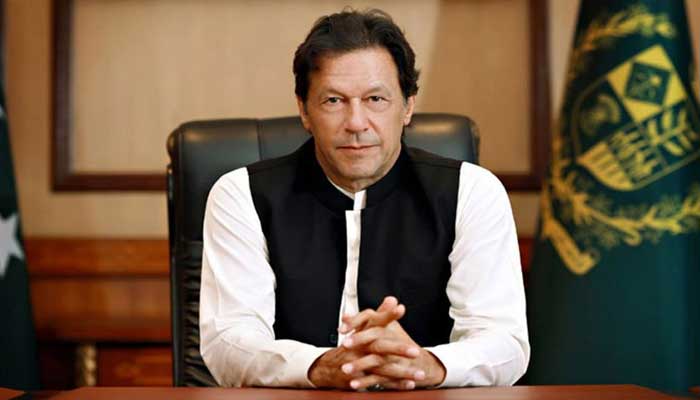For Prime Minister Modi to give the Indian army a "free hand" is to abdicate responsibility. Do what you have to do is not an order. That is more like saying, I don't really know what needs to be done.
That Prime Minister Imran Khan has no real control over his army is an open secret. The Pakistani army has been a state inside a state for as long as Pakistan has existed. The Pakistani intelligence service, the ISI, is even less answerable to the elected government.
The same terrorist group that is accused of having blown up 40 Indian soldiers in Kashmir is also on record having made attempts on the life of Pervez Musharraf, who was then dictator king of Pakistan. How do they do that? Who supports them?
Traditional diagrams that explain how a state works seem to fail in explaining how power works inside Pakistan. The Islamist ideology also has major sway over a section of the ISI. And elected leaders have a hard time confronting that ideology. It is not dissimilar to the Hindu extremism of some BJP types in India.
India sees that 40 soldiers were blown up. But India doe not see how many Kashmiri youths have been killed and captured by the Indian army over years of military subjugation of Kashmir.
In short, this is a difficult problem. It has been for almost 75 years. But now there is a nuclear dimension to it. And so de-escalation is the only sane option.
Pakistan and India might not be able to do it themselves. And so all external players have to proactively engage. Russia, China, Saudi Arabia, Iran, the US, France, Japan.
This is about Kashmir. But then this is not really about Kashmir. Political and military leaders in both countries have used Kashmir for too long for their internal reasons. An external enemy is a great way to distract your people from their genuine problems. Take away Kashmir and the Pakistani people might no longer tolerate why the Pakistani army does not really answer to its elected parliament. Take away Kashmir and India might have to confront its reality of abject poverty. There are more poor people in India than in any other country in the world.
An unthinkable outcome would be a war, even if not nuclear. But since the military hardware is so asymmetrical between the two powers with India having a distinct advantage, Pakistan might be tempted to go nuclear if pushed into a corner.
A good outcome would be that the two powers are forced to face the Kashmir issue and solve it once and for all.
Kashmir is the top hot spot on the planet. It beats Palestine. Pakistan is no Palestine. And India is not Israel either. Its anti-terrorism capabilities are not a match.
The long term solution is to help Pakistan along the path to full democracy and a proper state. But that is not a short term luxury. The immediate need is to de-escalate.
When Modi gives the Indian army a "free hand," he is taking himself out of the picture. When Imran Khan fears the situation might escalate to the nuclear level, he is not threatening nuclear war. He is saying the Pakistani army might get there on its own, and he might learn about it on the news.
Modi and Khan make it sound like this is a hardware problem between the two armies. The conflict has to be promptly dragged back into the political space. External players need to jump in fast as they can.





